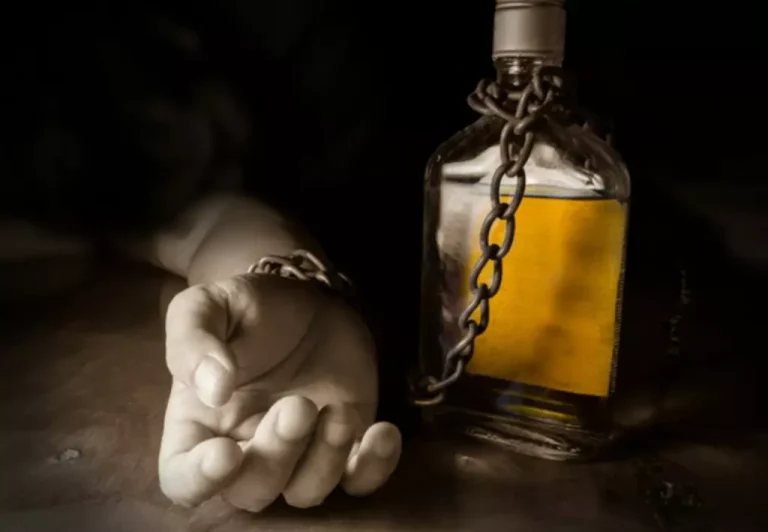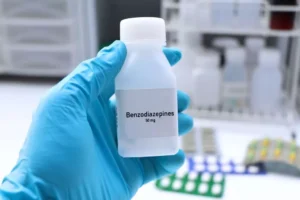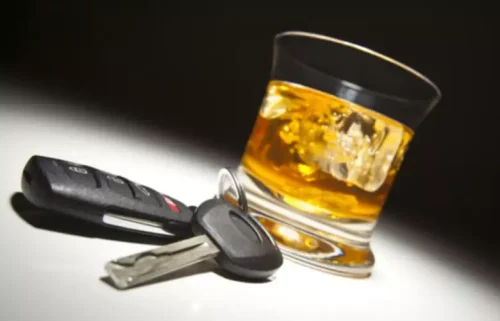
Under all circumstances, recovery takes time because it is a process in which brain cells gradually recover the capacity to respond to natural sources of reward and restore control over the impulse to use. Another widely applied benchmark of recovery is the cessation of negative effects on oneself or any aspect of life. Many definitions of recovery include not only the return to personal health but participation in the roles and responsibilities of society.
Breaking the Physical Dependence
To find another treatment program, browse the top-rated addiction treatment facilities in each state by visiting our homepage, or by viewing the SAMHSA Treatment Services Locator. Central to the TTM is the concept of motivational interviewing (MI), a clinical tool seamlessly integrating with the Stages of Change Model. By fostering a non-confrontational and empathetic therapeutic environment, MI aligns with the stages individuals navigate, promoting intrinsic motivation for change. The collaborative nature of MI respects the diverse progression of individuals through the stages, acknowledging their readiness and ambivalence. S.O.S. is focused on helping people overcome addictions by focusing on their values and integrity rather than embracing a higher power. It encourages members to make sobriety the top priority in their lives and take whatever steps they need to stay on the path to recovery.
Month 1: Why “The First 30 Days” Can Be Challenging

Accepting the need for help often involves reaching out to healthcare professionals, such as doctors, therapists, or counselors, who specialize in addiction treatment. These professionals can provide valuable information, guidance, and resources to assist individuals in their journey towards recovery. It is also important to involve trusted friends and family members who can offer emotional support and understanding. As mentioned in this article, you can support recovery by offering patients AUD medication in primary care, referring to healthcare professional specialists as needed, and promoting mutual support groups. Other research pinpoints the values of cognitive behavioral therapy for relapse prevention, as it helps people change negative thinking patterns and develop good coping skills. Recovery from addiction is not a linear process, and increasingly, relapse is seen as an opportunity for learning.
After Three Days
A third is establishing and maintaining a strong sense of connection to others; support helps people stay on track, and it helps retune the neural circuits of desire and goal-pursuit. Learning new coping skills for dealing with unpleasant feelings is another pillar of stages of alcoholic recovery recovery. Individuals grappling with substance use disorder (SUD) and addiction often face complex challenges, necessitating a multifaceted approach for resolution. The journey to recovery is highly individualized, with diverse paths tailored to unique circumstances.
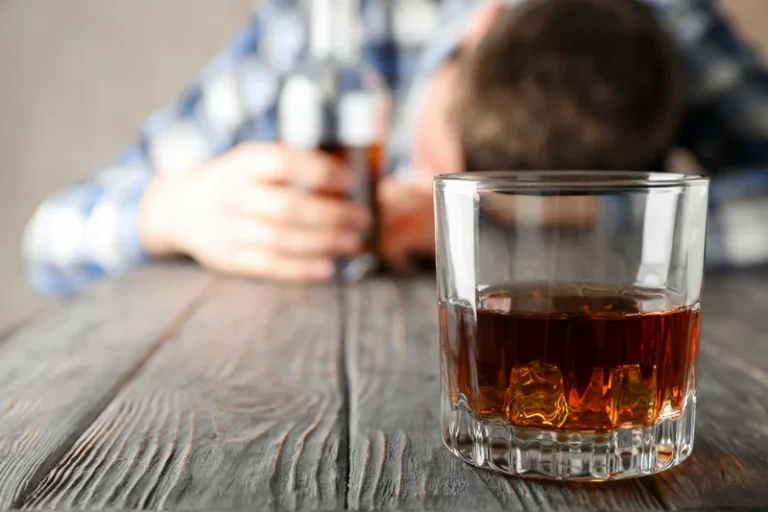
Healthy Coping Tools Instead of Alcohol Use
Binge drinkers, for example, may be fine with going for weeks or even months without a drop of alcohol, but when they do drink, they have trouble stopping themselves from consuming far too much. This type of abuse can have many consequences, including health, social, and legal problems. As individuals progress through the rehabilitation stage, they become better equipped to address underlying issues and develop healthier coping mechanisms.
We can integrate addiction treatment with the stages of alcoholism and addiction.
If you started in a residential treatment program, you will now move to the continuing or follow-up counseling phase of your rehab program on an outpatient basis. The journey to recovery is not a straight path, but rather a process with distinct stages. In this article, we will explore the stages of alcohol recovery, what to expect during each stage, and tips for navigating the journey. Approximately 15 percent of those who relapse regress to the precontemplation stage, and approximately 85 percent return to the contemplation stage before progressing to the preparation and action stages. Most people recovering from addiction will cycle through the stages of change three or four times before completing the cycle without a slip.
While participating in the 12 steps of recovery can be beneficial for many people, consider the advantages and disadvantages of these programs before you decide if this approach is right for you. Discover inspiring addiction recovery quotes with striking images for motivation and support on your journey to healing. Detoxing from alcohol at home requires careful preparation, support, and a commitment https://ecosoberhouse.com/ to ongoing recovery for a safe and successful journey toward sobriety. Prolonged abstinence along with healthy eating and exercise during this stage can also allow people to begin recovery from liver damage. Contemplation can be an uncomfortable process, and feelings of guilt, shame, hopelessness and desperation are common as people reach this crossroads in their addiction journey.
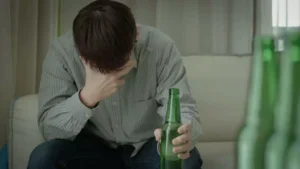
Take action when the consequences of alcohol use disorder are easiest to reverse.
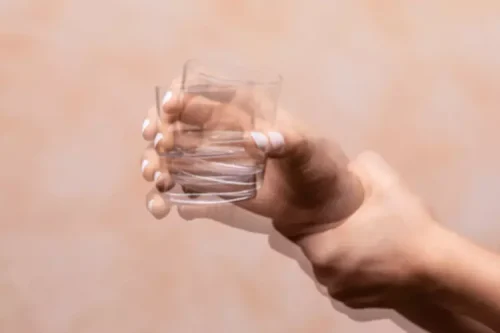
- Once the necessary preparations have been made, a person is typically ready to move onto the action stage.
- Medications may be prescribed to help alleviate withdrawal symptoms, reduce cravings, and prevent potentially dangerous complications.
- With most cold viruses, but rhinovirus in particular, the incubation period is very short.
- Maybe if more patients saw their addiction as being as serious as a heart attack, they would be more concerned about keeping up with medical treatment and therapy.
- There is a saying in AA groups that some members get sober and then float away on a pink cloud.

